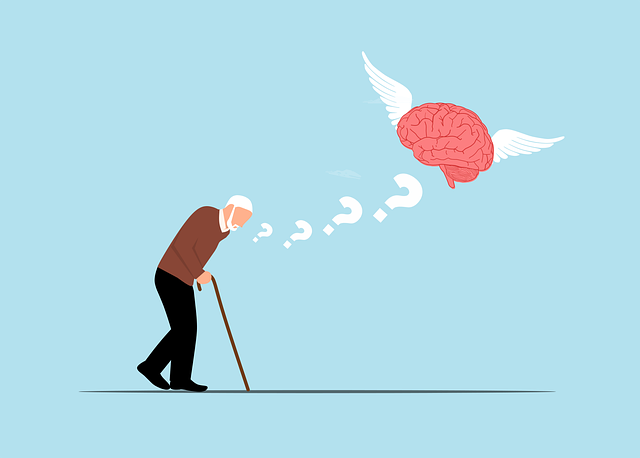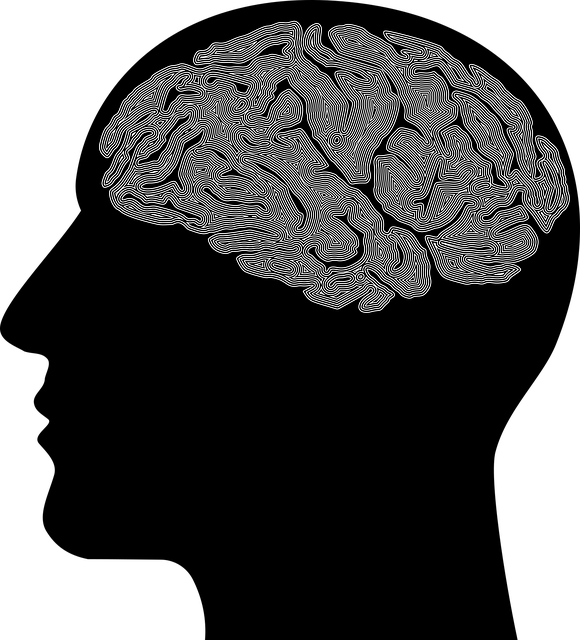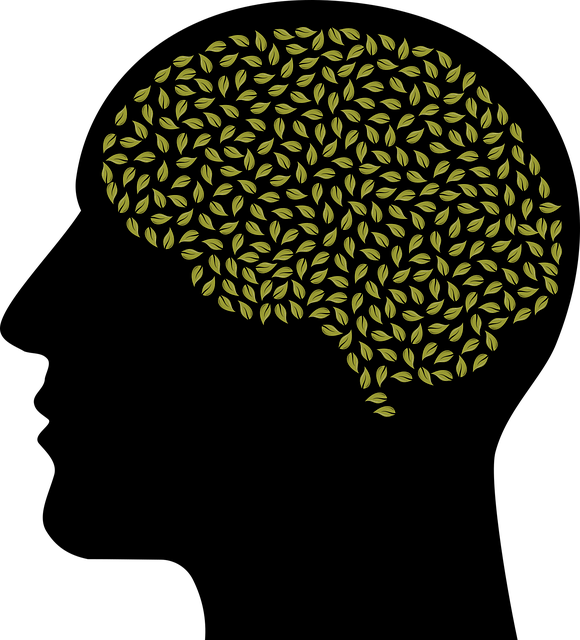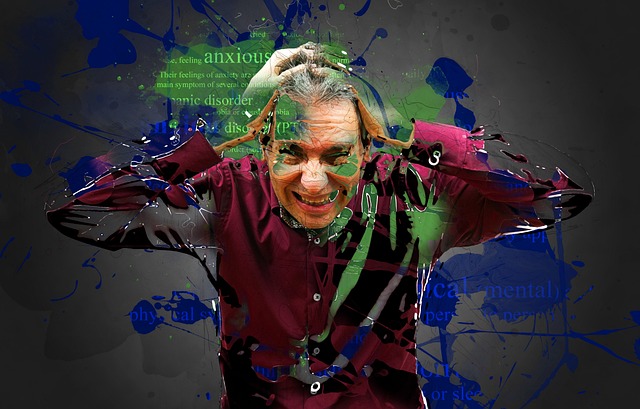Denver Anger Management Therapy (DAMT) offers a comprehensive solution for individuals with mental health conditions, focusing on enhancing social skills and anger management. Through structured curriculum, personalized guidance, group sessions, and a supportive community, DAMT teaches active listening, empathy, assertiveness, and conflict resolution strategies. This approach not only aids in managing anger but also improves relationships, boosts confidence, and promotes holistic emotional well-being, contributing to Denver's unique mental health landscape.
Social skills training is a powerful tool for managing mental health conditions. This comprehensive guide explores the intricate link between social competence and mental well-being, highlighting the role of Denver Anger Management Therapy in fostering effective communication and building supportive relationships. We delve into practical strategies, group therapy sessions, and real-world applications, offering valuable insights for those seeking to enhance their social skills and improve their mental health journey.
- Understanding the Link Between Social Skills and Mental Health
- The Role of Denver Anger Management Therapy in Building Social Competence
- Strategies for Effective Communication in Managing Mental Health Conditions
- Group Therapy Sessions: A Supportive Environment for Skill Development
Understanding the Link Between Social Skills and Mental Health

Social skills are integral to our overall well-being and play a significant role in maintaining mental health. Many mental health conditions can impact an individual’s ability to interact with others, leading to feelings of isolation and exacerbating symptoms. For instance, individuals struggling with anger management issues may find it challenging to regulate their emotions during social interactions, potentially damaging relationships and contributing to anxiety or depression. Understanding this connection is crucial for developing effective treatment strategies.
In Denver, Anger Management Therapy serves as a powerful tool for fostering inner strength and emotional well-being. By focusing on improving social skills, such as active listening, empathy, and conflict resolution, individuals can better navigate interpersonal relationships. This approach not only helps in managing anger but also equips them with crisis intervention guidance, enabling them to respond calmly in stressful social situations. Ultimately, these techniques contribute to the overall promotion of emotional well-being, offering a holistic path towards healing and improved mental health.
The Role of Denver Anger Management Therapy in Building Social Competence

Denver Anger Management Therapy (DAMT) offers a unique and effective approach to enhancing social skills for individuals with mental health conditions. By focusing on anger management, DAMT helps participants understand and regulate their emotions, which is a cornerstone of building positive social interactions. This therapy provides a safe space where individuals can learn valuable communication techniques, assertiveness training, and conflict resolution strategies. These skills are essential for navigating social situations, fostering meaningful connections, and promoting mental wellness.
The program’s structured curriculum, combined with its emphasis on individual growth, equips clients with the tools to improve their relationships and overall confidence. Through group sessions and personalized guidance, DAMT facilitates a supportive community outreach program implementation, where participants share experiences and learn from one another. This collaborative environment encourages empathy, active listening, and social competence, ultimately contributing to improved mental health outcomes.
Strategies for Effective Communication in Managing Mental Health Conditions

Developing effective communication strategies is a powerful tool for managing mental health conditions. For individuals seeking Denver Anger Management Therapy, learning to express emotions and needs assertively can significantly improve relationships and overall mental wellness. This involves recognizing triggers, practicing active listening, and using ‘I’ statements to convey feelings without blaming others. These skills are particularly beneficial in navigating challenging conversations related to trauma support services or expressing boundaries, fostering a sense of inner strength development.
In the context of mental health journeys, clear communication enables individuals to seek appropriate resources and support. Expressing oneself openly allows for tailored interventions, whether it’s managing anger, processing past traumas, or cultivating resilience. By adopting these strategies, one can enhance their ability to connect with others, promote understanding, and ultimately contribute to a more positive mental health landscape.
Group Therapy Sessions: A Supportive Environment for Skill Development

Group therapy sessions offer a unique and supportive environment for individuals navigating mental health conditions to develop essential social skills. In these settings, participants can openly discuss their experiences, challenges, and strategies in a safe and non-judgmental atmosphere. Facilitated by trained healthcare providers, these groups foster an understanding of emotions, improve communication, and encourage the development of coping skills. Members learn from one another, benefiting from diverse perspectives and shared goals.
For conditions like anger management, group therapy can be particularly effective in Denver. Through structured discussions and exercises, individuals gain insights into triggers and learn healthy ways to express and manage their anger. Moreover, compassion cultivation practices and healthcare provider cultural competency training within these groups promote empathy, understanding, and adaptive coping strategies, enhancing overall mental well-being.
Social skills training, as demonstrated through programs like Denver Anger Management Therapy, plays a pivotal role in managing mental health conditions. By fostering effective communication and providing supportive group therapy sessions, individuals can significantly enhance their social competence and overall well-being. These strategies not only help in navigating interpersonal interactions but also serve as a testament to the power of holistic mental health care.










